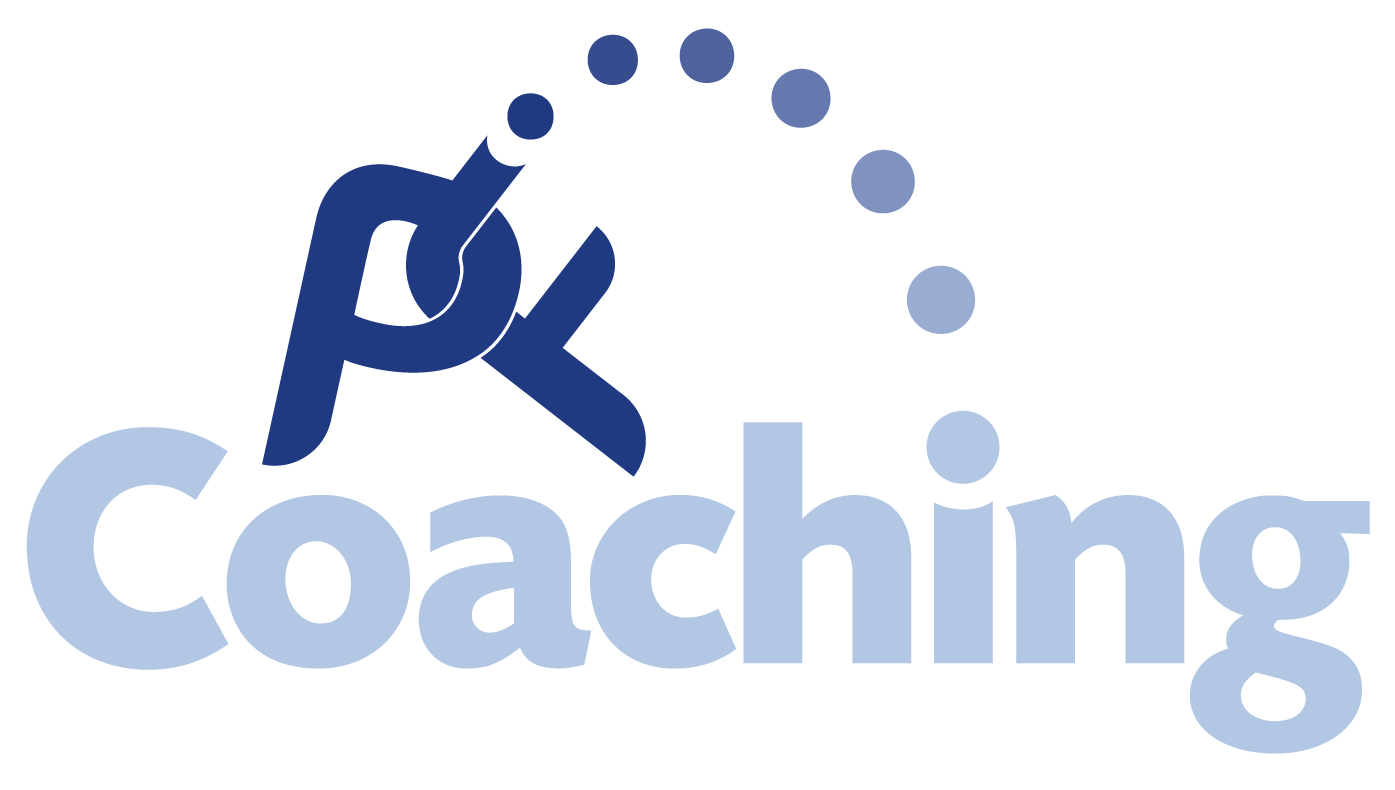
You must have a solid foundation if you intend to have a strong superstructure – Gordon B. Hinckley
There was a time someone close to me ended up doing jail time for a couple of poor decisions he took. For close to two months, he would not see visitors. Just when everyone began wondering what was going on, he showed up and boy did he show up strong! It was quite unexpected but refreshing to behold the new him, judging from the last time we had interacted with him. Much later, he explained how much he had needed time off to be alone with himself so he could come to terms with what had happened. He needed time alone to work through some of the conflicting emotions, the pain, the feelings of disappointment, the guilt, etc. before facing the ‘outside’ world one more time. The time alone also helped him map out a plan to somewhat help with his healing and restoration.
What he shared is summed up in Saint Augustine’s quote: “Do you wish to rise? Begin by descending. You plan a tower that will pierce the clouds? Lay first the foundation of humility.” And I daresay, how low you descend (to firm up your foundation) affects how high you rise!
The unexpected confronts us in many forms; through adversity, disappointment, failure and embarrassment, to name a few. The unexpected or sometimes unconscious decision to fail is what it is because it comes to shake our foundations and motivates us to take another long and hard look at life. Questions like, “Is there something I can do differently now?” and, “How do I get out of this?” begin to arise. These are critical questions. Even more critical to answer is the question, “Can my foundation stand the test?”
A quote by David Brinkley inspires us to believe that we can rise again. He says, “A successful man is one who can lay a firm foundation with the bricks others have thrown at him.”
How low have you sunk? Which bricks, stones, sticks and explosives have been thrown your way? Before you attempt a comeback, would you invest some time into firming up your foundation? Descend to rise!
This article talks about some elements of a foundation we can lay in ‘good’ times so that we can maximize our growth in difficult times. How does one build a solid foundation?
Values
- What are values and what are your personal values?
- What principles do you stand by?
These are great questions to find answers to.
The definition of a value in this context is the standard(s) of behavior/ principles or one’s judgement of what is important in life. Pause and think about this definition for a minute. What standards of behavior are important to you?
There are a few words synonymous with the term – values. Words and phrases like ethics, standards and moral values are used interchangeably with the term values. Arguably, people from all walks of life live by some value(s) whether good, bad, acceptable or unacceptable. It stands to reason that whether one is consciously aware of their values or not, other people may recognise them because they show through in our approach to life.
Being aware of what our values are and understanding what they mean are critical to our growth. There are many standards of behavior people quote as values they desire to or live by. Some of these are gratitude, self-awareness, goodness, honesty, kindness, courage, generosity, compassion, integrity, contentment and so on.
The opening quote by Gordon B. Hinckley suggests and rightly so, that no superstructure can be built on a weak or practically non-existent foundation. It rings true for physical structures and especially true for the families, relationships, careers, finances, etc. we all are trying to build.
“It is not the beauty of a building you should look at; it’s the construction of the foundation that will stand the test of time” – David Allan Coe. Zig Ziglar adds to this by saying that “the foundation stones for a balanced success are honesty, character, integrity, faith, love and loyalty”.
If building right and strong depends on a good foundation, then self-analysis is key to helping to determine which values one is living by, which ones to discard and which ones to add on to firm up and fill up cracks in the foundation.
Taking Responsibility
“The victim mindset dilutes the human potential. By not accepting personal responsibility for our circumstances, we greatly reduce our power to change”– Steve Maraboli
Taking personal responsibility is key to rebuilding one’s life. This means taking ownership of your own behavior and the consequences of that behavior. The easier way to go is to allow other people to take the blame and be held responsible for what happens to us. Sometimes, it is only in our minds but what a powerful weapon that is to prevent us from growing.
Eleanor Roosevelt once said, “In the long run, we shape our lives, and we shape ourselves. The process never ends until we die. And the choices we make are ultimately our own responsibility”. If this is true even to only a little extent, it is life-changing to realise that the seemingly little and big decisions we make each day determine our trajectory in life. If we would remember this all the time, what a difference it would make in our decisions whether to be punctual, lazy or to procrastinate decisions to do with our health, attitude to life, etc.
Theodore Roosevelt added, “If you could kick the person in the pants responsible for most of your trouble, you wouldn’t sit for a month”. This sounds humorous for those who have a sense of humor, but it is so true. Once we decide to take ownership of what we do and the results we get from what we do, we would be more conscious of our decisions and how they affect us and others. This is in contrast to approaching life from the paradigm of being a victim of what is going on around us.
When do you intend to begin taking personal responsibility for your life? I agree with John Lewis who said, “if not us, then who? If not now, then when?”
Focus
The skill of paying attention to something for a period – it could be an objective, goal, task or thought you commit yourself to. It could even be to a person. It is a skill that should be learnt and developed in a world like ours that has so many distractions or options, depending on what you think of them.
Research suggests that the eye of the eagle is about four to eight times stronger than that of the average human being. Read the description of how an eagle focuses on its prey:
“As the eagle descends from the sky to attack its prey, the muscles in the eyes continuously adjust the curvature of the eyeballs to maintain sharp focus and accurate perception throughout the approach and attack” – Wikipedia
The eagle is an amazing bird. It is said to be able to identify five distinctly colored squirrels and locate their prey even if hidden. Wow!
The adjusting of muscles in the eyes of the eagle can be likened to sharpening our vision or focus till we see clearly enough in our mind’s eye exactly what we aim to pursue and then to refuse to take our eyes off the target till we arrive at it. The eagle operates with laser-like intensity to catch a prey. A little lesson I recall from my Physics class years ago is that a feature of lasers is their intensity, based on extraordinarily fine focus. This means paying attention to that one thing in order to accomplish it; giving it all the resources needed including your energy and time. Once what we hope to achieve inspires us enough and our focus is sharp enough, it becomes easier to deal with the distractions.
In summary,
- Evaluating our value base
- Taking responsibility for our actions
- Focusing on our goals
are three ways we can build a solid foundation from which we can confidently build our superstructures.

